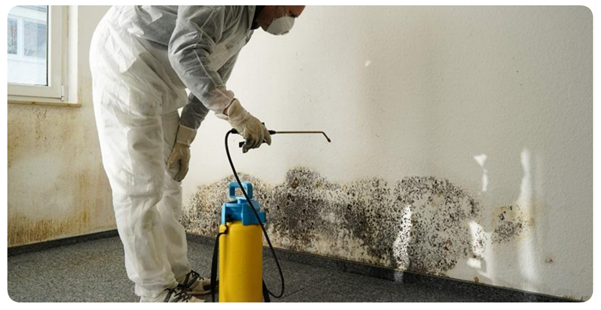Understanding Student Visa Processing Time for Canada
Canada is a sought-after destination for international students due to its high-quality education system, diverse culture, and welcoming environment. However, one of the critical aspects that prospective students need to consider is the processing time for a Canadian student visa. This timeline can significantly impact planning and preparations for studying abroad. This article provides a comprehensive overview of the factors affecting the processing time for a Canadian student visa and tips for a smoother application process.
Overview of Canadian Student Visa
A Canadian student visa, also known as a study permit, allows international students to study at designated learning institutions (DLIs) in Canada. It is essential to understand that a study permit is not the same as a visa. While the study permit allows you to stay in Canada, you might also need a visitor visa or an electronic travel authorization (eTA) to enter the country.
Factors Affecting Processing Time
Application Completeness
The completeness of your application significantly influences the processing time for a Canadian student visa. Submitting all required documents and accurately filling out the application forms ensures that your application is processed without unnecessary delays. Missing information or documents can result in requests for additional information, extending the processing timeline.
Country of Residence
The country of residence plays a crucial role in determining the processing time for a student visa. Applications from certain countries may take longer due to higher volumes of applications, security checks, or additional requirements. It is advisable to check the specific processing times for your country of residence on the official Immigration, Refugees, and Citizenship Canada (IRCC) website.
Time of Year
The time of year when you apply for your student visa can also affect processing times. The period leading up to the start of the academic year (typically August to September) usually sees a surge in applications, leading to longer processing times. Applying well in advance of your intended start date can help mitigate the impact of these seasonal delays.
Biometrics and Medical Examinations
Some applicants may be required to provide biometric (fingerprints and a photo) and undergo medical examinations as part of the application process. These additional steps can add to the overall processing time, as they involve scheduling appointments and waiting for results to be processed and submitted.
Background Checks
Background checks are a standard part of the visa application process to ensure the security and safety of Canadian residents. These checks can vary in duration depending on an applicant’s history and the complexity of their background.
Typical Processing Times
While processing times can vary widely based on the factors mentioned above, the IRCC provides estimated processing times for student visas on their website. As of 2023, the average processing time for a Canadian student visa is approximately 12 weeks. However, this is a general estimate, and actual processing times can be shorter or longer depending on individual circumstances.
Tips for a Smoother Application Process
To ensure a smoother and faster processing time for your Canadian student visa, consider the following tips:
- Apply Early: Submit your application well in advance of your intended start date to account for any potential delays in processing.
- Complete Documentation: Ensure that you have all required documents, including a letter of acceptance from a DLI, proof of financial support, and any additional documents specific to your situation.
- Accurate Information: Double-check your application forms for accuracy and completeness to avoid delays caused by requests for additional information.
- Follow Guidelines: Adhere to the guidelines provided by the IRCC, including the requirements for biometrics and medical examinations if applicable.
- Stay Informed: Regularly check the status of your application and any communications from the IRCC to promptly address any issues or requests for additional information.
Conclusion
Understanding the processing time for a Canadian student visa is crucial for international students planning to study in Canada. The processing time can be influenced by various factors, including the completeness of the application, the applicant’s country of residence, the time of year, and any additional requirements such as biometrics or medical examinations. By applying early, ensuring complete documentation, and adhering to guidelines, prospective students can enhance their chances of a smoother and faster visa processing experience.
Planning and preparation are key to successfully navigating the Canadian student visa application process. Staying informed about the specific requirements and timelines for your situation will help you avoid unnecessary delays and ensure that you can start your studies in Canada on time. By understanding and addressing the factors that affect visa processing times, you can better manage your application and look forward to an enriching educational experience in Canada.



